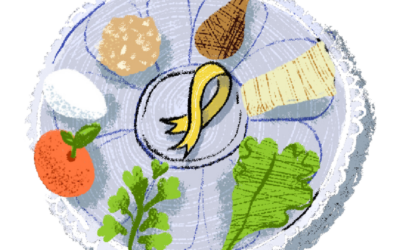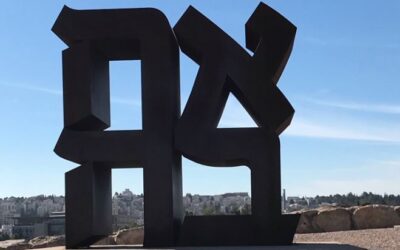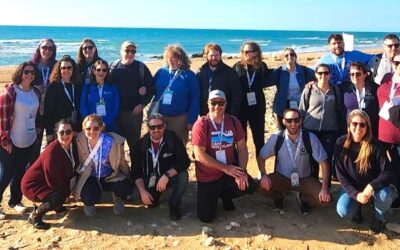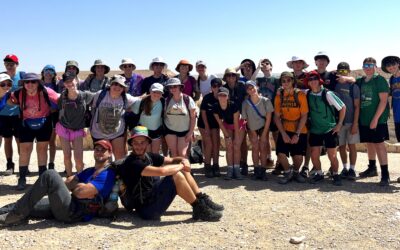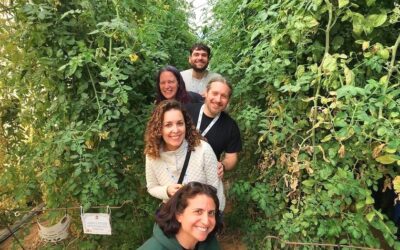By Rabbi Rich Kirschen, Director
As director of the URJ’s NFTY in Israel initiative and a resident of Jerusalem, I was asked recently to write a blog post about Israel. With that in mind, I am going back to a topic I know well – or at least one I care about deeply: the complicated relationship between North American and Israeli Jews.
Having made aliyah (moving to Israel to live) 15 years ago, I have one foot firmly planted in the North American Jewish community and one foot firmly planted in the Israeli Jewish community. In my daily life, I can’t speak English without throwing in Hebrew words. Yet my Hebrew is filled with grammatical mistakes that often delight my family and Israeli co-workers. I am not bi-lingual, but rather alingual. Just as I need both languages to express myself, I need both of these major Jewish communities to truly understand myself.
Since my first visit to Israel in 1978, I have been pulled between two dueling narratives: my own wise guy Jewish New Yorker self and the shocking macho of my Jewish Israeli cousin and his no nonsense toughness. At the time, it was as though I was being pulled between Groucho Marx and Moshe Dayan. Two different narratives, two very different parts of the Jewish family, and two Jewish stories which I have been trying to navigate for years.
Over time, the narrative of each community has become both more complicated and more intense. Israelis are no longer David, who is small, pure, and innocent. And although Israel still is dealing with some very serious enemies, it also is dealing with a military occupation of another people, internal threats to its democracy, and, at times, the threat of becoming a theocracy. In the meantime, American Jews are spinning from dealing with white supremacy on the right, boycotts, divestment, and sanctions (BDS) on the left, and assimilation in the middle. As my father would say in Yiddish, “Schvere tzu zein a Yid” – It’s hard to be a Jew.
This scenario is nothing new for Jews, of course. We have always been one people divided by religion – and everything else. Indeed, if there is something to disagree about, we Jews will find it.
A quick read of the Talmud, for example, illustrates that in ancient times there was tremendous tension around the question of religious authority between the Jewish communities in Babylonia and the Jewish communities in the Land of Israel. Similarly, although it might sound incomprehensible to us now, kibbutzim (collective living communities) in the 1950s underwent incredible social trauma because of the pilug (split), a painful division between the kibbutzim that followed Stalin and those that did not. Kibbutzim divided themselves, couples got divorced, and family members stopped speaking with each other over this difference in philosophy. Arguing about Stalin might sound trite today, but at the time, it was one step away from civil war.
Now we have hit another bump in the road of internal Jewish dialogue: the disjunctive conversation between American Jews and Israeli Jews. In spite of the difficult news that surrounds us and the growing disconnect between the world’s two largest Jewish communities, I remain quite optimistic here in my office in Jerusalem.
Why?
Because right now I am in the process of interviewing hundreds of young people who wish to be staff members on our NFTY in Israel summer trips that bring over 500 Reform Jewish teens to Israel every summer. When I meet these young candidates, who are just getting out of the army, returning home after working at URJ summer camps in North America, or beginning their first year at Hebrew Union College-Jewish Institute of Religion, I am knocked out by their talent, commitment, and thoughtfulness. These young people – Israelis and Americans – represent the best each community has to offer the other.
Our program teams are divided equally between young Americans and Israelis who work together as a unified staff for four or five exhausting weeks to create a timeless Jewish experience for the next generation. Of course they argue and they miss one another’s cultural cues. We all know how Israelis can be bulldozers who lack any tact, while Americans can be vague if not passive-aggressive.
However, at the end of the summer, through all the sweat and tears, more than anything else there is love, laughter, adventure, and an unbridled sense of comradery. These young Jews from two entirely different communities leave the program with a deep understanding that indeed we are all on the same team.
I am not naïve and I know there are people on both sides, including the Israeli prime minister, who do not play nice when it comes to the relationship between the Jewish communities in Israel and North America. But sometimes we have to look beyond the headlines and, as we are doing here, create our own facts on the ground. Yes, these are indeed difficult times, but if Jewish history has taught us anything, it is that we do not have the luxury to forget that “All of Israel are responsible for one another” (Talmud Bavli Shevuot 39a).
Learn more about NFTY in Israel, including opportunities available for participants and summer staff.
This post originally appeared on reformjudaism.org and can be viewed here.
